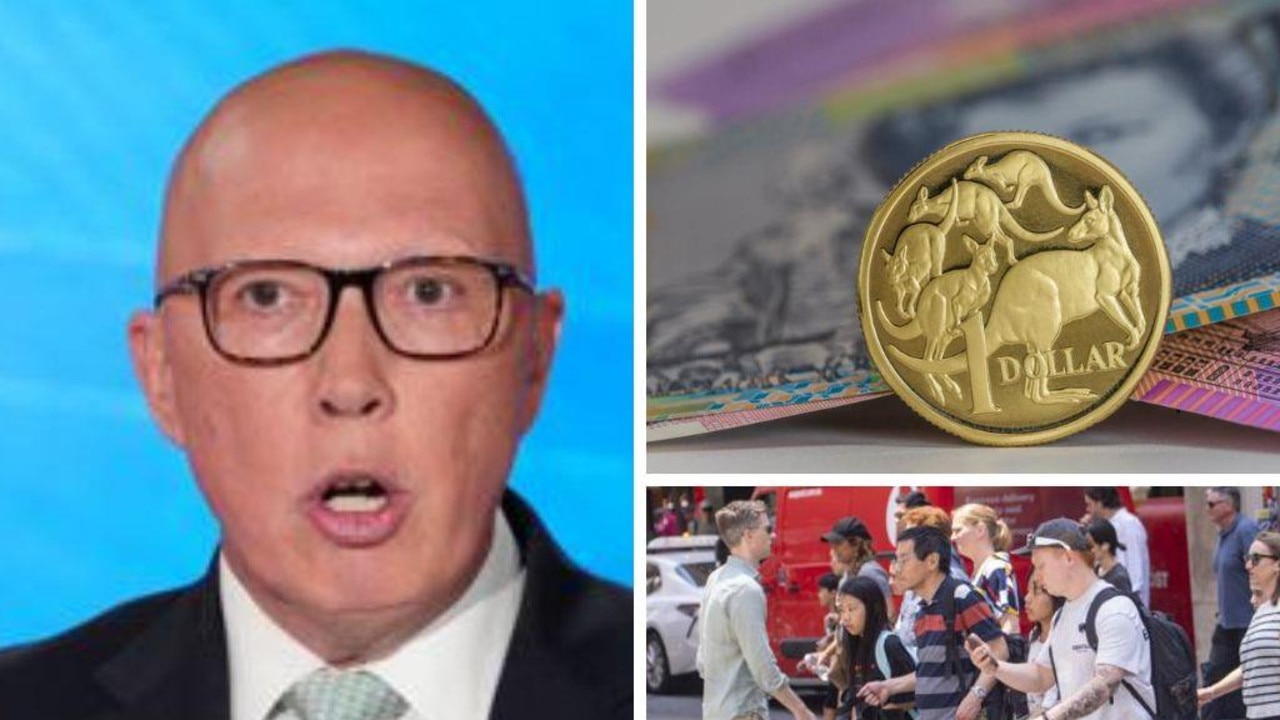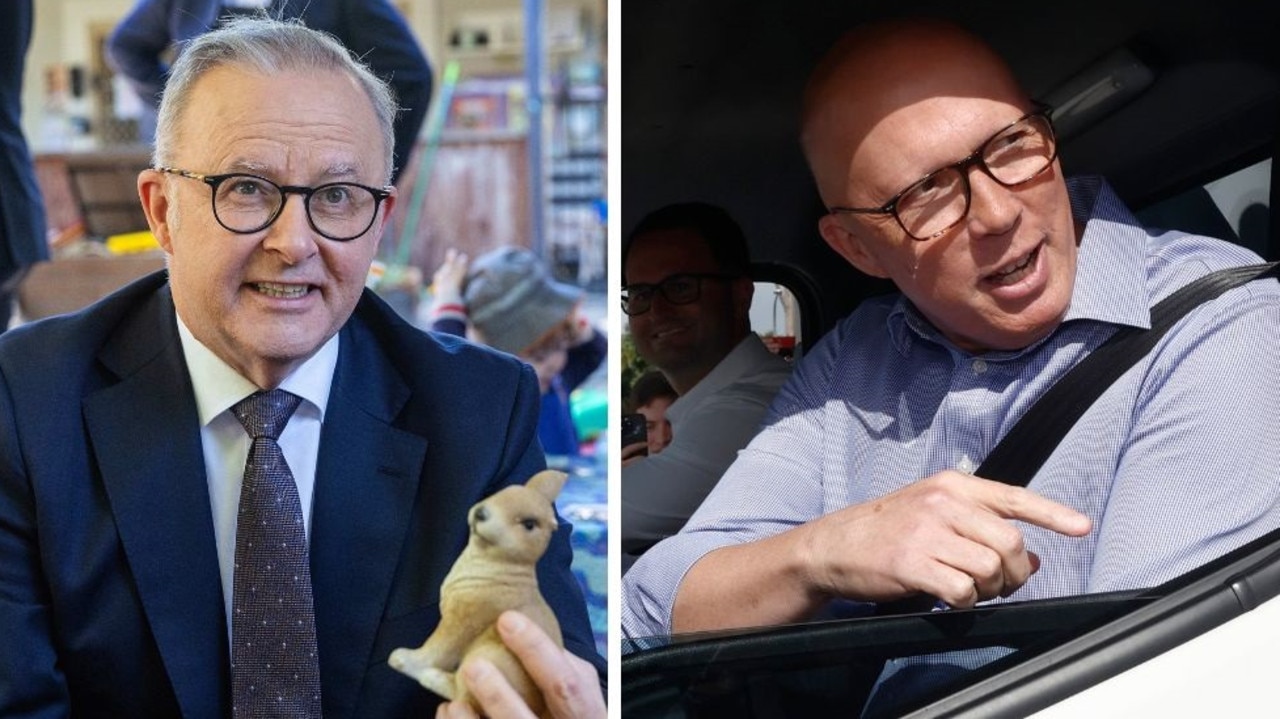‘Ticked off’: Australia’s massive transformation
ALMOST half of the voters in Wentworth made a staggering political statement. It’s a sign that Australia is transforming.
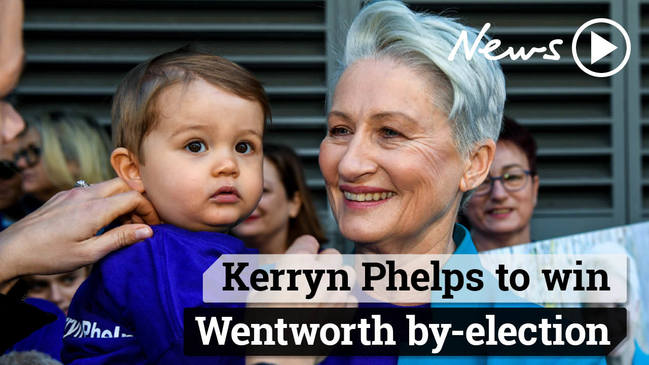
ANALYSIS
WHEN voters get ticked off with the instability of the major parties, they like sending a message with a protest vote. The one we saw on the weekend in Wentworth is probably the strongest and loudest protest message we’ve heard in a long time.
But with protest votes, we ought to be careful what we wish for. Because, well, we just might get it.
That the public is disillusioned with the two major parties is nothing new. But the extent to which they are voicing their disillusionment in elections is.
Protest votes against the major parties now look like delivering the balance of power to independents and minor parties in both the Senate and the House of Representatives, and you have to wonder whether we’re really better off for it. Have protest votes against one form of political instability simply created another?
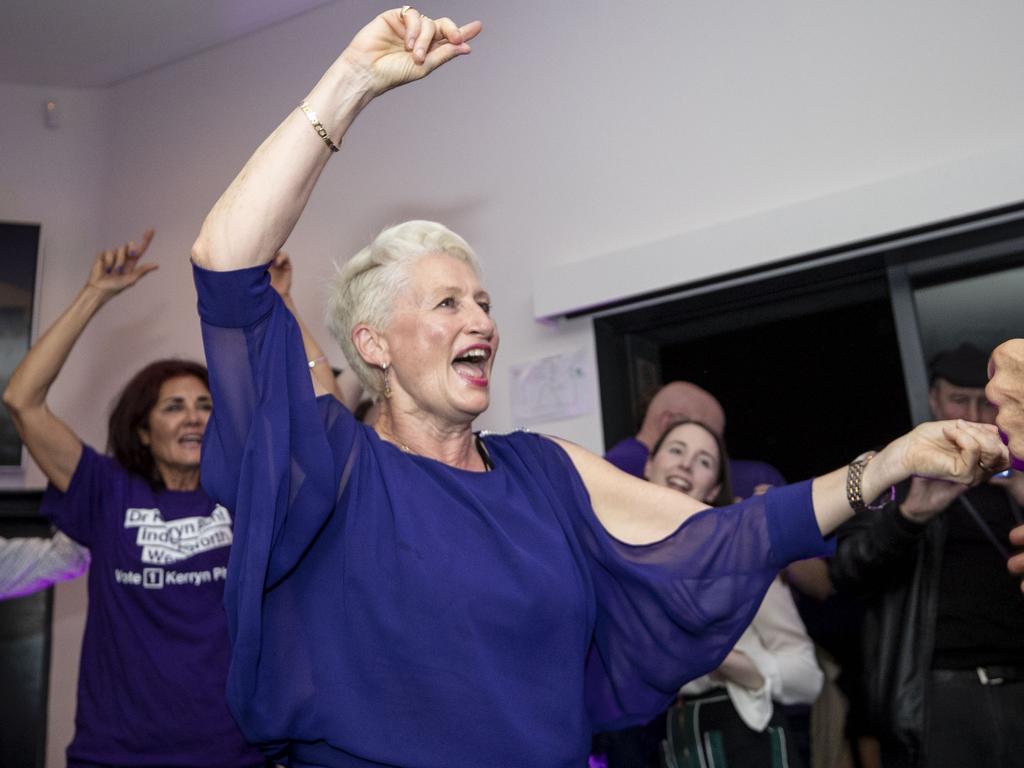
The parliamentary votes of a handful of independent and minor party politicians could control the fate of the government and the policy direction of the country. They enjoy an influence disproportionate with the number of people who elected them.
It’s how democracy works in our country, of course, and anyone has a right to put their hand up and have a go. If they’re elected, good luck to them.
But the major parties ought to have a long hard look at how their own actions have lead to the situation that is now causing them so much grief. Their long-term survival depends upon understanding the factors that have led to this situation.
The weekend’s result in Wentworth was a savaging of both of the major parties. In the 2016 election, 80 per cent of voters in the electorate gave their first preference to the Liberal or Labor parties.
At the time of writing this, that number at the weekend had plummeted to just over 55 per cent. Kerryn Phelps didn’t just pick up the Liberal votes, she peeled them right off Labor too.
The huge number of votes that Phelps was able to win, in a grassroots campaign, up against two major parties with plenty of money, influence and history to throw around if they wished, should rightly send a jolt of fear through the ALP and Liberal Party.
Already there are other quasi-celebrities being encouraged to have a tilt at contests like Tony Abbott’s seat in Warringah or Peter Dutton’s in Dickson, to see whether a campaign like Kerryn Phelps’s might be repeated elsewhere.
Whether this is a good thing, and whether they’d be successful is up for debate — the Wentworth contest was a unique one — but they’d be a headache for the major parties nonetheless.
MORE: Liberals play blame game over Wentworth loss
MORE: Cunning strategy works in Wentworth
The headaches caused by the election of minor parties and independents are almost entirely the fault of the major parties themselves.
They’ve had it too good for too long, and people are punishing the sense of entitlement with which both parties have conducted themselves in government. The revolving door of Prime Ministers from both parties has fed an uncertainty and instability that has made people nervous and broken the bonds of trust.
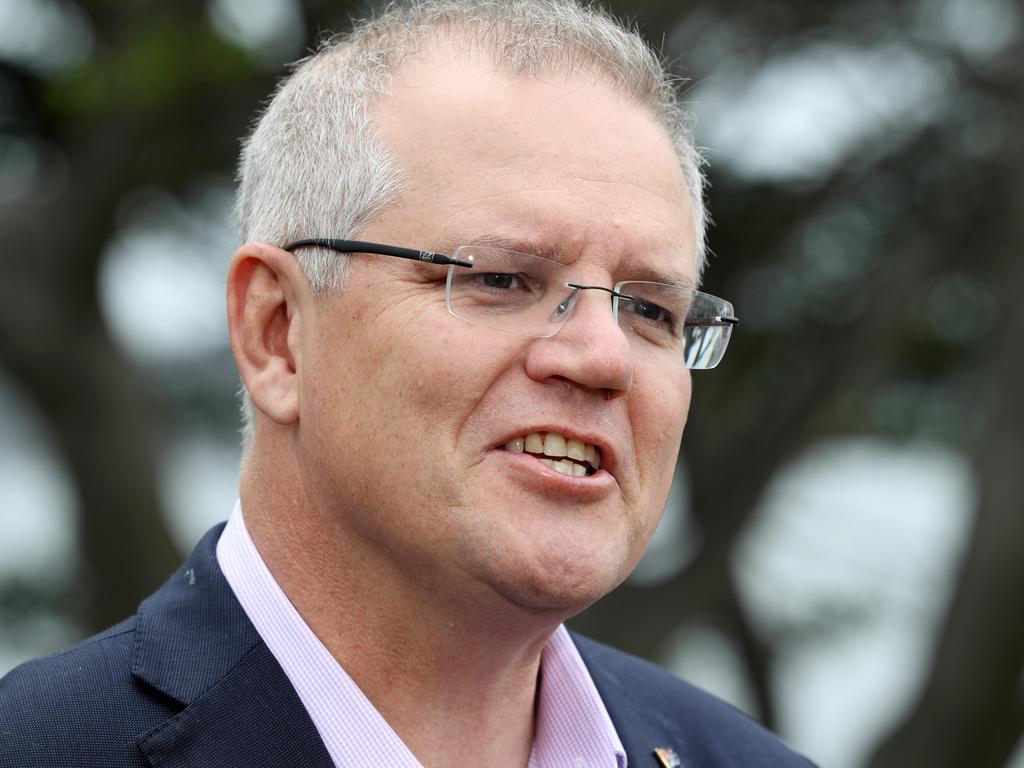
The great irony is that by punishing this instability and electing candidates from outside the two major parties, a new kind of instability and uncertainty is created.
It’s also an uncertainty that will mute the ability of either Labor or the Liberals to get much done in government, because the policy positions that they take to elections will stop mattering if they’re constantly watered down or blocked by crossbenches in the two houses of parliament.
To get their bills through, they’ll be negotiating with MPs and Senators whose policy positions may not be entirely clear or are free to change their minds on a whim.
People will blame the major parties for not getting anything done and for not delivering on their election promises, when really things have ground to a halt because public protest votes elected other politicians who get in the way.
Some might argue that this is truly democracy in action and that the minor parties and independents will act as an extra level of scrutiny on government policy and a valuable brake on parties running rampant.
Whether you agree or not, the two major parties would both surely wish it was their own members sitting in those seats, not independents or minor parties. It would make their lives a lot easier.
This problem caused by the two major parties, needs to be solved by them too. If they don’t, the alternative will be their gradual decline in relevance leading to a future where they constantly find themselves in minority governments having to deal in coalitions with parties or independents that don’t quite see the world in the same way.
If they thought agreeing on policy position within the broad church of their own party was hard now, they should try the alternative.
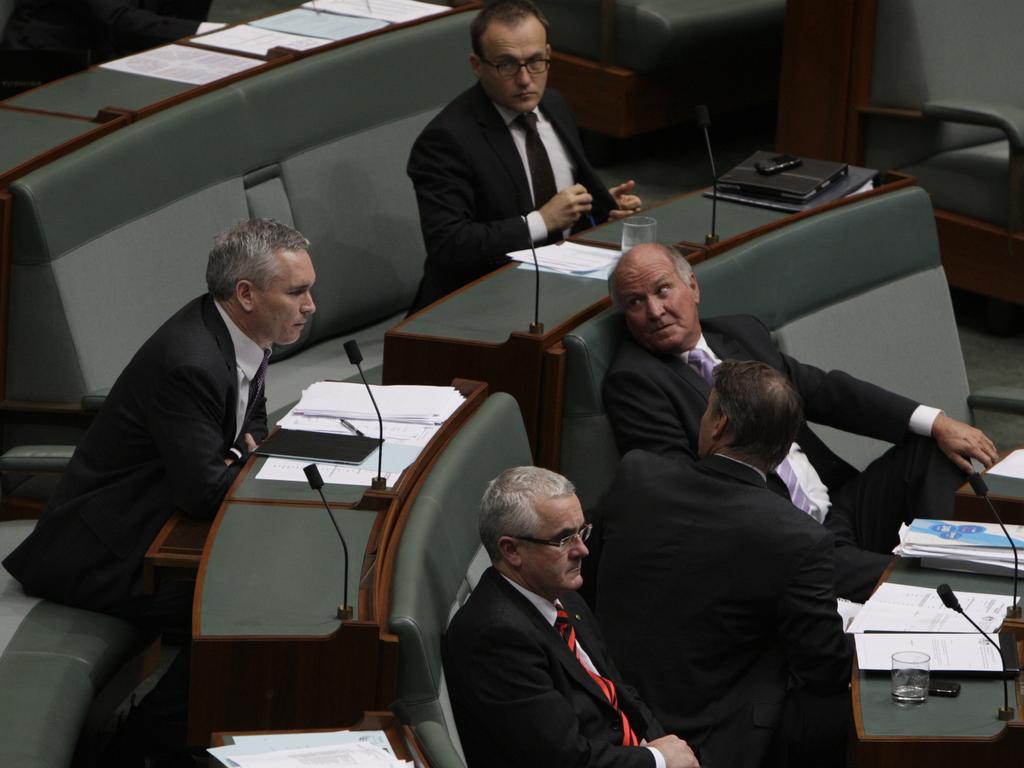
The major parties ought to ask themselves what future they want. Do they want to adapt, evolve and survive? Do they want a future that they determine for themselves or do they want their futures determined through handshake agreements with independents and small-membership parties?
The old way of doing things doesn’t work any more and the definition of madness is doing the same thing over-and-over and expecting a different result.
I’d argue the overwhelming proportion of Aussies sit somewhere in the middle on Australian politics and would happily still give a major party their vote rather than an independent or minor party, just so long as they’re given good reason to.
The problem for the major parties is that they’re so often giving people reasons not to. Minority government becomes their punishment, and in a great irony, it becomes our punishment too.
Chris Urquhart is a contributor to news.com.au. Follow him on Twitter: @chrisurquhart


